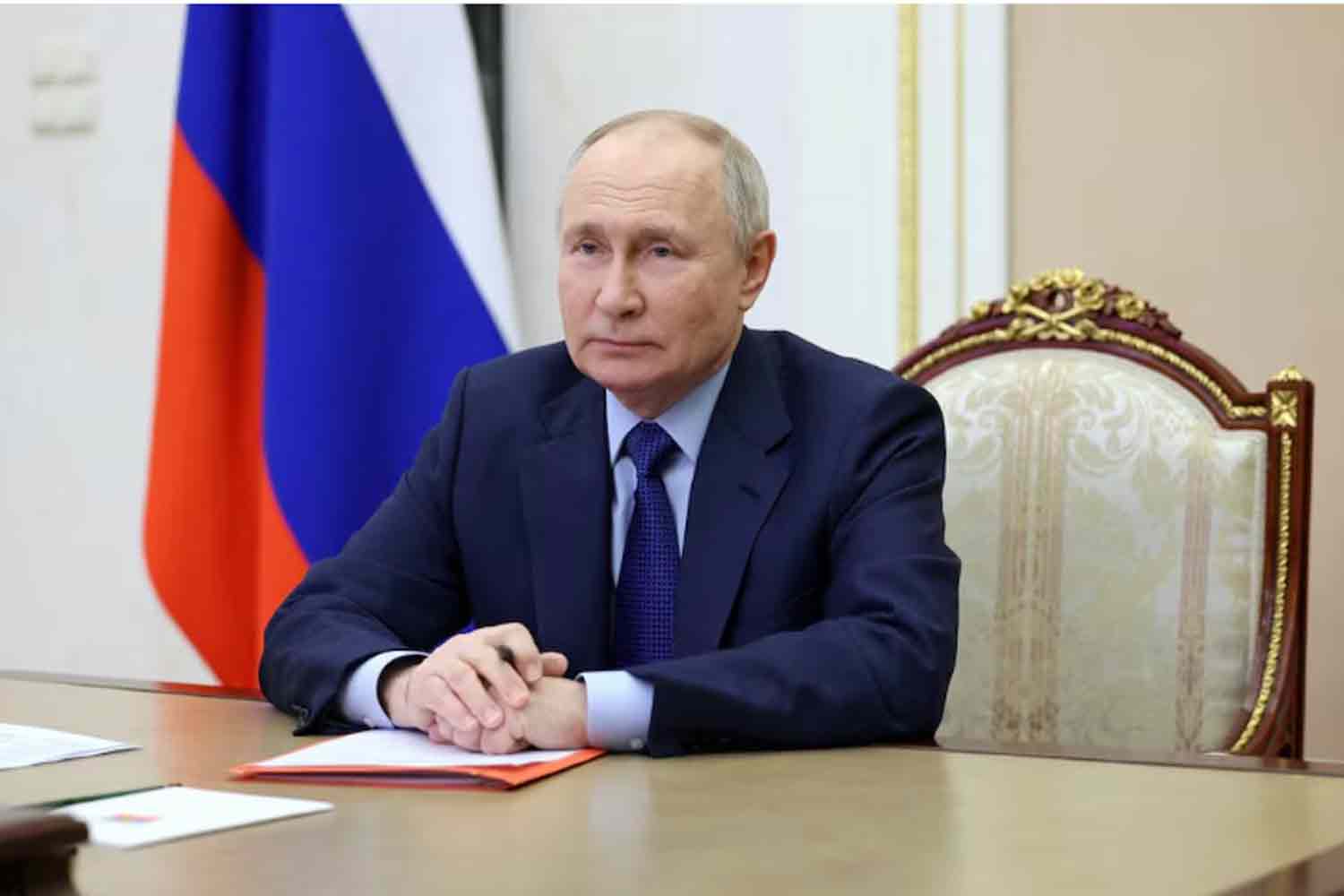The Biden administration is set to make a final effort to secure difficult agreements aimed at resolving the conflicts in Gaza and Lebanon. However, the potential election of Donald Trump may diminish Washington’s ability to influence Israel and other regional stakeholders before he assumes office.
Senior U.S. officials, who have been actively engaged in peace talks across the Middle East for several months, are now likely to encounter counterparts who are hesitant to make significant commitments, opting instead to wait for Trump’s inauguration in January, as indicated by sources familiar with the situation and independent analysts.
Trump has expressed his intention to achieve peace in the Middle East, though he has not outlined a specific strategy. Based on his previous term, it is anticipated that he will adopt a strongly pro-Israel stance, potentially exceeding the robust support that President Joe Biden has extended to the United States’ primary regional ally.
In anticipation of a second Trump administration, U.S. State Department spokesperson Matthew Miller stated on Thursday: “We will persist in our efforts to end the conflict in Gaza, resolve the situation in Lebanon, and increase humanitarian aid, as it is our responsibility to pursue these policies until noon on January 20.”
With Biden now in a position of diminished influence, Israeli Prime Minister Benjamin Netanyahu, a staunch ally of Trump, along with Arab leaders, is expected to show little willingness to cooperate with the Democratic president. Instead, they may align their strategies with those of his Republican successor, whose unpredictable foreign policy during his first term left the region in a state of uncertainty.
“They have significantly less influence,” stated Brian Finucane, a senior adviser at the International Crisis Group’s U.S. program. “While they may still receive responses to their communications, the focus is shifting towards a new administration that will likely adopt different policies and priorities.”
PREPARING FOR CHANGE
Following Trump’s election victory over Vice President Kamala Harris, officials from both Arab nations and Israel have started to adjust their strategies. Egyptian mediators, who have been collaborating with U.S. and Qatari representatives on ceasefire proposals for Gaza, are now awaiting the specifics of Trump’s plans for the region, according to Egyptian security sources. As the global community observed the U.S. election, Netanyahu, who openly favored Trump and referred to his victory as “historic,” dismissed his Defense Minister Yoav Gallant, thereby removing one of the Biden administration’s preferred Israeli allies.
The Palestinian militant organization Hamas, which has been engaged in conflict with Israel for over a year in Gaza following its assault on southern Israel, along with the Lebanese group Hezbollah, which is involved in a concurrent struggle against Israeli forces, both seem to be looking beyond President Biden towards the forthcoming Trump administration.
Escalating retaliatory strikes between Israel and Iran have heightened concerns about a potential wider regional conflict.
Hamas has urged Trump to “learn from Biden’s mistakes,” while Hezbollah expressed skepticism regarding any significant change in U.S. policy that would move away from its support for Israel.
Nevertheless, officials from the Palestinian Authority anticipate continued collaboration with Biden’s team until Trump assumes office. Washington attempted to revive ceasefire discussions in Gaza after the Israeli killing of Hamas leader Yahya Sinwar in mid-October, but these efforts proved unsuccessful. In Lebanon, U.S. representatives have indicated some progress, although a conclusive agreement remains elusive.
When questioned about the perception that the Biden administration’s influence has diminished following the election, a spokesperson from the White House National Security Council stated, “I’m not going to speculate on hypotheticals.”
WAITING FOR TRUMP
Netanyahu and his supporters rejoiced at Trump’s election, viewing him as a strong yet occasionally unpredictable ally for Israel. They anticipated that the Republican president, who had previously facilitated significant achievements for Netanyahu during his first term, would provide unwavering support for Israel.
Trump has been a vocal advocate for Netanyahu’s objective of dismantling Hamas, urging Israel to expedite its efforts in this regard.
In his victory address, Trump stated, “I’m not going to start a war. I’m going to stop wars,” though he did not provide further details.
Biden’s backing of Israel has created rifts within his Democratic Party, resulting in a loss of support from many Arab Americans and progressive voters for Harris.
The Democratic president has consistently endorsed Israel while urging Netanyahu to take greater measures to safeguard civilians and increase humanitarian assistance to Gaza.
However, Biden has struggled to bring an end to the conflict, with some critics arguing that he should have taken stronger action to limit the billions of dollars in military aid the U.S. provides to Israel each year.
Laura Blumenfeld, a Middle East analyst at the Johns Hopkins School for Advanced International Studies in Washington, anticipates that prior to Trump’s inauguration, Netanyahu will make a limited attempt to address Biden’s requests regarding Gaza aid, while also considering the actions necessary to appease Trump.
“From Election Day to inauguration day, Israel’s approach to the U.S. will be influenced by two factors: Netanyahu’s needs and his fears,” she stated. “Netanyahu is also wary of the unpredictable temperament of the incoming American president.”
In a letter dated October 13, U.S. Secretary of State Antony Blinken and Defense Secretary Lloyd Austin urged Israel to implement specific actions to enhance aid for Gaza, warning of possible repercussions for U.S. military support if they do not comply.
Blumenfeld noted that during this transitional period, Netanyahu would likely make only a minimal effort to meet these demands, “just enough to prevent significant restrictions on weaponry.”
Some analysts suggest that Trump may allow Netanyahu greater freedom to take action against Iran and its affiliates.
“Netanyahu understands that Trump will provide him with the freedom to execute his plans, so he is simply waiting for the right moment,” remarked Brett Bruen, a former foreign policy adviser in the Obama administration.
Discover more from Defence Talks | Defense News Hub, Military Updates, Security Insights
Subscribe to get the latest posts sent to your email.





